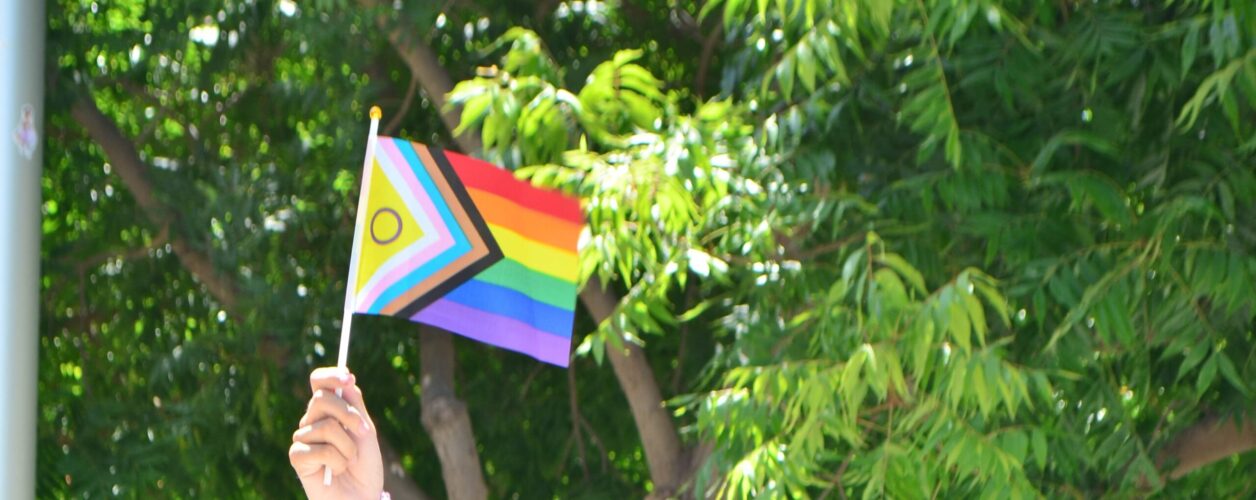
Behavioral challenges, emotional difficulties, and mental health issues often reveal themselves in childhood and early adulthood. These challenges and issues can impact a young person’s functioning at home, in school, and in community. We view therapy as a partnership between youth, parents, other caregivers, and the clinician. Together, we help young people identify and understand their feelings, learn effective coping skills, and begin to heal from life’s challenges.

For many young people who identify as Lesbian, Gay, Bisexual, Transgender, Queer/Questioning, Intersex, or Asexual (LGBTQIA+), it can feel like no place is safe. LGBTQIA+ young people experience significantly higher rates of bullying, harassment, intimidation, and abuse at school, home, and out in the world. Add to this poverty, homelessness, and/or involvement in the child welfare or juvenile justice systems – categories in which LGBTQIA+ youth have a disproportionate representation – and it’s not a surprise to also find increased risk factors like depression, school drop-out, increased self-harm, and suicide attempts.

Young people who will be transitioning out of foster care and/or probation need housing and specialized support to stabilize, grow and establish the kind of safe, self-sufficient existence many of us take for granted.
